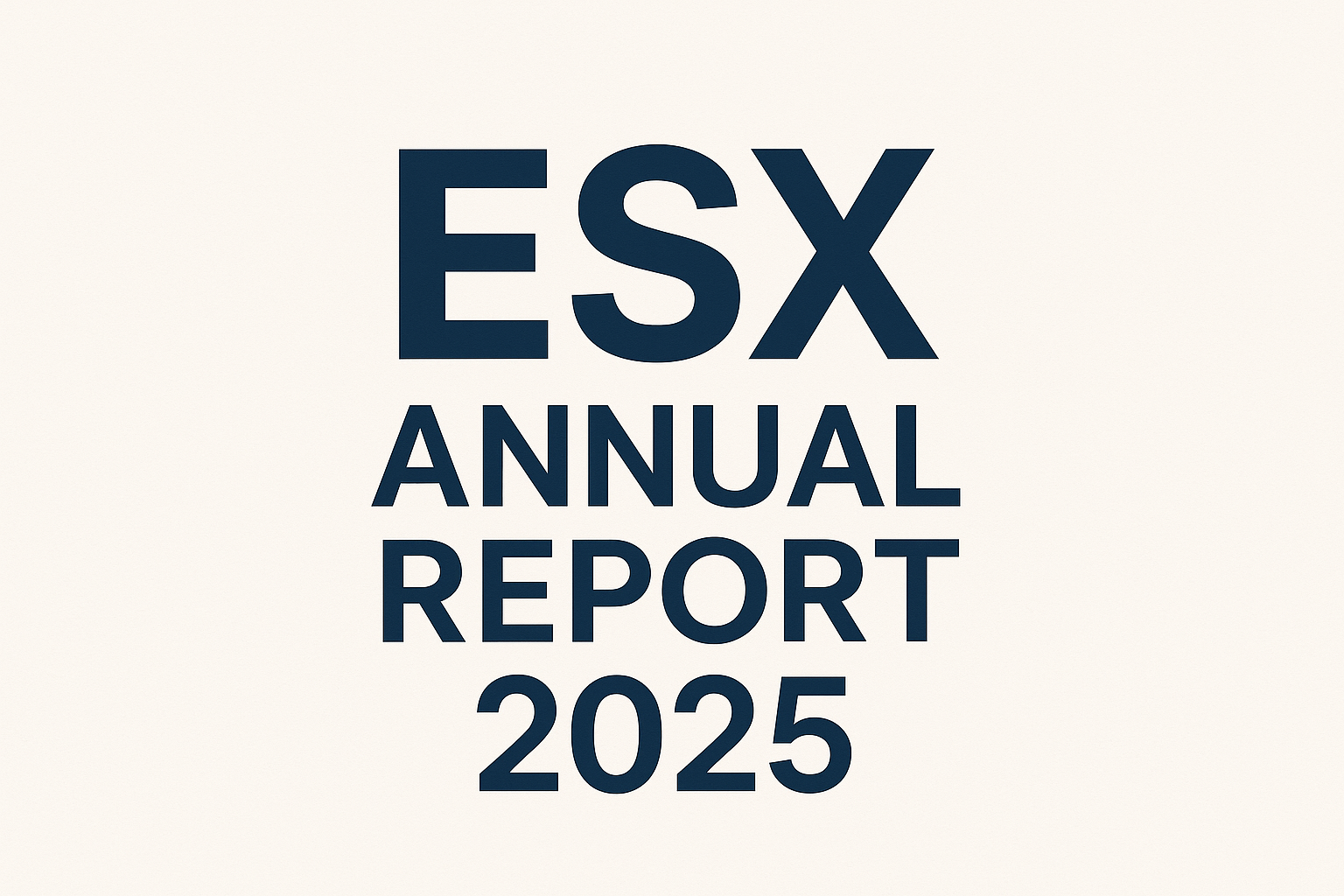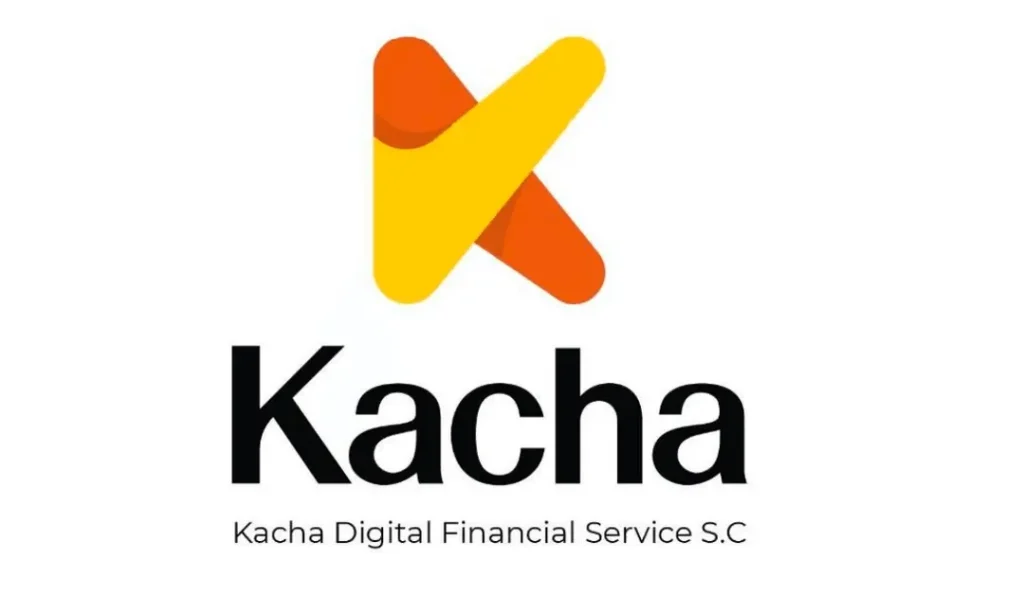Ethiopia’s Real Estate Market: A Strategic Investment Destination for Foreign Capital
Ethiopia is rapidly establishing itself as one of Africa’s most promising real estate markets for foreign investors. With a growing economy, progressive policy reforms, and strong market fundamentals, the country offers compelling opportunities across residential, commercial, and industrial property sectors.
A Liberalizing Investment Climate
The Ethiopian government has implemented significant reforms to attract foreign capital to its real estate market. In recent years, authorities have:
– Permitted foreign ownership of condominium units
– Extended leasehold terms to 99 years for international investors
– Created special economic zones with full foreign ownership rights
These changes mark a strategic shift as Ethiopia seeks to address its urban housing shortage while modernizing its property sector. The reforms are particularly timely given Ethiopia’s rapid urbanization rate of 4.7% annually – among the highest in Africa.
Strong Market Fundamentals
Addis Ababa’s property market demonstrates particularly attractive dynamics:
– Housing Deficit:The capital faces a shortage of 1.2 million housing units
– Rental Yields: Prime residential properties generate 7-9% yields
– Office Demand:Grade A office vacancy rates remain below 10%
The commercial sector benefits from Ethiopia’s position as Africa’s diplomatic capital, hosting the African Union and United Nations Economic Commission for Africa. This creates consistent demand for quality office and residential space from international organizations and their staff.
Strategic Advantages
Ethiopia offers unique geographic and economic advantages:
1. Gateway to East Africa:Provides access to a 400 million consumer market
2. Infrastructure Development: Major investments in roads, railways (Addis-Djibouti line), and airports
3. Industrial Growth: Expanding manufacturing sector driving demand for warehouses and factories
The government’s Homegrown Economic Reform Agenda includes ambitious targets to:
– Develop 1.4 million new housing units by 2030
– Construct 15 new industrial parks
– Implement digital land registration systems
Sector-Specific Opportunities
Residential:
Middle-income housing presents the most immediate opportunity, with demand far outstripping supply. Developers can achieve strong returns on projects in the $50,000-$150,000 price range.
Commercial
Addis Ababa requires modern retail centers and office buildings to serve its growing professional class. The Bole district has emerged as a prime location for mixed-use developments.
Industrial:
The government’s industrial park program has created demand for:
– Warehouses near manufacturing zones
– Cold storage facilities for agricultural exports
– Logistics centers along transport corridors
Future Outlook
Major upcoming projects like the $5 billion Sheger City development signal Ethiopia’s long-term commitment to real estate sector growth. With its young population, strategic location, and improving business environment, Ethiopia represents a compelling opportunity for investors with medium-to-long-term horizons.
The window for first-mover advantage remains open as the market continues to mature. Foreign investors who establish local partnerships and navigate the regulatory landscape stand to benefit from Ethiopia’s ongoing economic transformation.
For investors seeking exposure to Africa’s growth story beyond traditional markets like Kenya and South Africa, Ethiopia’s real estate sector offers a unique combination of strong fundamentals and growth potential. As reforms continue and infrastructure improves, property values and rental incomes are poised for sustained growth in the coming decade.







